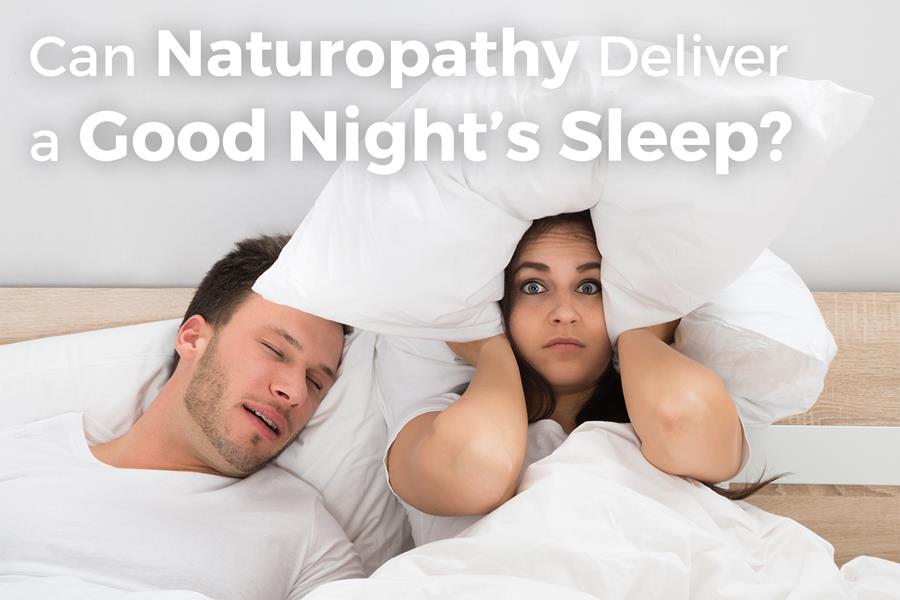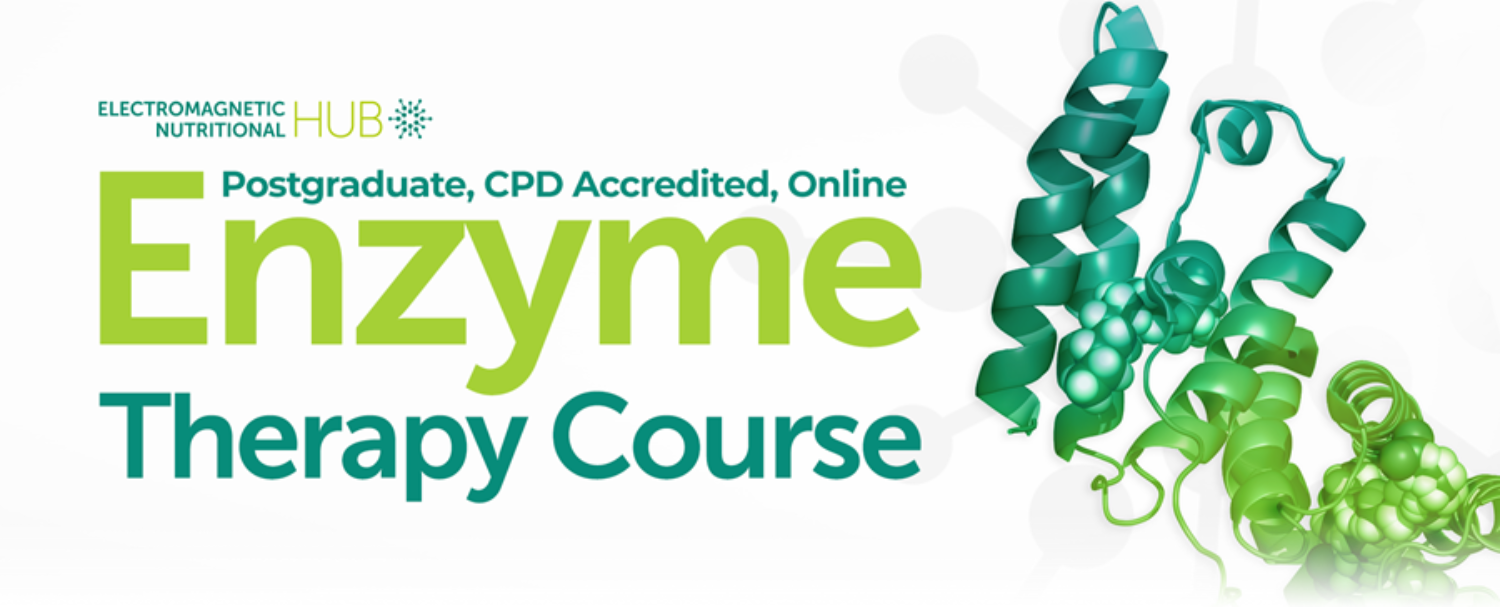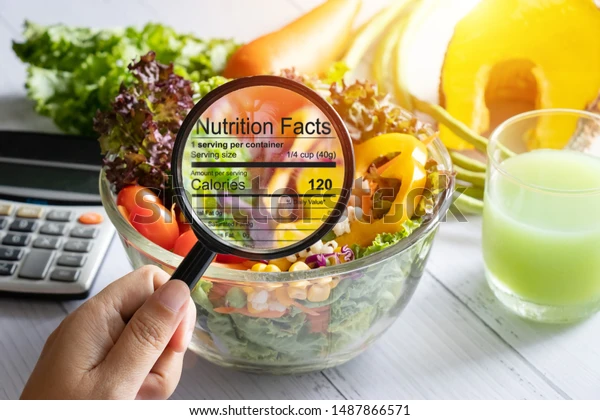There are several common reasons that people give for having trouble getting to sleep – or indeed difficulties in staying asleep. It’s no surprise that one of the top ones is money worries. However, that doesn’t necessarily explain why around a third of adults in Western countries struggle with sleep at least once a week, and why up to 10% have full-blown insomnia. So, what other explanations are there, for adults having insufficient sleep?

Clearly, people with health issues can have difficulty getting comfortable at night, and staying asleep for the recommended seven to nine hours. We tend to find it more problematic to get a night’s sleep as we age too, which can leave us still feeling tired when we get up each morning.
Even your bed, too much screen time at night and being cold can play a role in poor sleep cycles.
However, there are also nutritional factors that often get overlooked. This is a pity, as often simple dietary adjustments could help some people access better quality slumber. We all know how essential sleep is to our physical and mental health. So, it’s vital to you, your family and your clients that natural sleep remedies are not ignored.
Let’s investigate naturopathic ways to improve your sleep, and therefore your health and well-being. Towards the end of this guide to better ways to sleep, we will also look at the different issues and their treatment options.
Eat to sleep
Nutrition underpins every function of our body, down to the cellular level. So of course, diet impacts our brain’s ability to pass seamlessly through the circadian rhythm – our 24-hour pattern of waking, sleeping and eating to maintain our health.
It is also logical, therefore, that shortfalls in key nutrients can ‘interrupt’ our circadian rhythm.
As with so many health challenges (and solutions), the topic hinges on hormonal balance, supported by good nutrition. The five hormones known to influence our ability to maintain a healthy pattern of sleep and wakefulness are
· Melatonin
· Progesterone and Estrogen
· Testosterone
· Cortisol – the so-called stress hormone.
The one we need to focus on from a nutritional point of view is melatonin. This will also lead to insights into a little-discussed amino acid called L-Tryptophan, which impacts our hormonal health.
What is melatonin?
This is sometimes described as ‘the sleep hormone’ as it plays a direct role in regulating our body’s circadian rhythm. It is primarily produced by our pineal gland, which is tiny and situated at the centre back of our brain. (It’s shaped like a pinecone, hence the name.)
To produce melatonin, the pineal gland needs the amino acid tryptophan (more on this later). It is also a process that happens due to the stimulation provided by light and darkness.
Once produced, melatonin travels in the bloodstream and cerebrospinal fluid (fluid around the brain and spinal cord). It becomes an essential chemical messenger, including signalling to your organs and limbs that it is night-time.
(You have around 10 times more melatonin in your body at night, compared to daytime concentrations.)
Supplements that increase melatonin
Though boosting melatonin levels can provide important health benefits including improved sleep, the recommendation is to always choose the naturopathic route, and increase your intake of relevant foods. More on this later.
The reason for that is that melatonin supplements have a checkered history. Indeed, some are ‘banned’ in the UK as an over-the-counter remedy. Particularly as the correct dosages are disputed, especially in children who could experience an imbalance with the hormones that support normal growth and development.
You can get melatonin supplements as a medication, under the guidance of a medical practitioner. However, the majority of people can boost levels of this hormone with simple changes to their diet.
How can we naturally boost melatonin levels?
One of the simplest ways to ensure your pineal gland can do its job properly – and you have sufficient melatonin for healthy slumber - is to sleep in darkness! This is the signal for the gland to get busy, and any light can fool your brain.
Another easy-to-follow step is to take a warm bath in the evening. This has been shown to boost melatonin production, but also lower your levels of cortisol levels – the stress hormone that could potentially reduce melatonin’s effectiveness.
It can get harder to maintain this gland’s output as we age, and genetics and lifestyle can also interfere with our melatonin production. One of the ways to bolster the process is to increase your serotonin. This hormone (boosted by sunshine and exercise) is a key part of the work done by our pineal gland.
(It’s ironic that sunshine can play a part in how well a process works in darkness!)
The big factor in supporting and improving how much melatonin you can produce is tryptophan-rich foods. We will discuss this in more detail below. Also, you need to make sure you get enough of the nutrients that are enzymes required to convert tryptophan to melatonin - which are B vitamins, zinc and magnesium.
There is also evidence to suggest that low levels of omega-3 fats can reduce melatonin secretion. We have already covered the of Omega in supporting healthy sleep patterns elsewhere on this website.
Of all the B vitamins, the one most required for melatonin production – and a healthy sleep function - is B12. Though B1 also plays a significant part. This is why a vitamin B deficiency may manifest as fatigue and insomnia.
Other sleep-enhancing nutrients
Not all the nutrients essential for sleep health are linked to melatonin though.
The role played by zinc and magnesium is a little more complex. They are also believed to help regulate our body’s parasympathetic nervous system. Therefore, they are needed to help us to feel relaxed and calm, as we sleep.
Keep in mind also, that having the correct amount of vitamin D can influence your ability to sleep. It is believed to be responsible for activating two of the genes involved in our circadian rhythm.
While Vitamin A is connected to vision, and the light-dark triggers that affect our circadian cycle.
What role does Vitamins C play in sleep? It has been shown to create more restful slumber, due to the work it does in keeping tissues and organs functioning properly, including blood vessels and leg muscles. Vit C deficiency has been linked to restless leg syndrome at night, for example.
Vitamin E’s ability to be a powerful antioxidant gives it a vital role in the way our brains process information during the night. Interruptions to this have been linked to memory loss and insomnia.
How is L-Tryptophan involved?
This unique amino acid is a key component of the human diet, supporting various metabolic functions. That includes playing a role in our brain’s production of the hormone serotonin.
The process is that we absorb L-tryptophan from food, which is then converted to 5-HTP (5-hyrdoxytryptophan), the building block for serotonin. Healthy serotonin levels keep our brain, nerve function and blood circulation healthy.
Therefore, this little-discussed natural chemical is involved in human mood, behaviour, and cognition.
For this reason, a synthesised version of tryptophan has been used as one of the active ingredients in anti-depressants and medications to address mood disorders, such as S.A.D. (Seasonal Affectiveness Disorder)
Tryptophan has also been used to treat sleep disorders, largely as it is used to create natural melatonin.
So, having sufficient of this amino acid can help us to go to sleep more readily. It can also potentially lighten the mood of people who are struggling with issues that cause wakefulness and insomnia. It may also be a treatment option for sleep apnea.
Natural sources of L-tryptophan
Our bodies can't make their own tryptophan. It must come from what we eat – specifically the proteins from both animals and plants.
There are synthetic food supplements containing tryptophan, but these (like melatonin supplements) carry potential red flags.
According to one drugs register “L-tryptophan is possibly unsafe when taken by mouth. It has been linked to over 1500 reports of eosinophilia-myalgia syndrome (EMS) and 37 deaths.”
EMS is a highly unpleasant and, in some cases, lingering neurological condition. It has also been shown to cause side effects that include stomach pain, vomiting, heartburn and chronic wind.
It makes sense, therefore, to look to natural sources of tryptophan, to maintain a healthy level and support both sleep and general mood. Tryptophan-rich foods include red meat, poultry and dairy products.
For anyone following a plant-based diet, the best sources of L-tryptophan include nuts, leafy greens (including watercress), sunflower and pumpkin seeds, soybeans, broccoli, peas and mushrooms.
Interestingly, adjusting the amount of carbohydrates you eat may affect how well your body absorbs this essential amino acid.
Committee for Responsible Medicine reports: “Scientists have found meals rich in carbohydrates promote an increase in insulin production, allowing muscle cells to absorb competing amino acids. This makes it easier for tryptophan to cross the blood-brain barrier, increasing serotonin levels in the brain.”
Fortunately, you can get both carbohydrates and tryptophan from oats and other whole grains.
If tryptophan deficiency is a factor in someone’s inability to sleep, it may be due to a diet low in proteins.
Definitions of common sleep problems
Now we have examined in some detail the naturopathic route to supporting your circadian cycle, melatonin production, and healthy sleep pattern, let’s look at what can happen when this vital process is not functioning properly.
These sleep issues are especially prevalent in older people.
Insomnia
This is not the same as trouble getting to sleep, waking too early or having an interrupted slumber. Insomnia is classified as persistent difficulty in getting to sleep, and staying asleep, leading to physical and mental exhaustion. It is a short-term issue that many people experience at some point in their lives.
When you get insomnia multiple times in a week – over the course of a month- it is referred to as chronic insomnia.
Treatments for insomnia vary according to the potential cause. Such as therapy for any mental health challenges that are involved including anxiety. You may also be advised to make lifestyle changes, and to introduce a strategic routine for going to bed, including greatly reduced ‘screen time’.
However, if you read back through the insights on melatonin production, tryptophan and other nutrients that support sleep, you can see that there are certainly naturopathic options for tackling insomnia.
Sleep apnea
This is an entirely different sleep problem. It is connected to our respiratory function and the way we breathe when we sleep.
In effect, sleep apnea is the term used for interruptions in breathing while we slumber. It can become more of an issue as we age, and in some cases requires the use of devices to regulate respiratory function in bed, as normal neurological signals are failing.
However, the most common form is called obstructive sleep apnea. This is when someone has blocked airways. The most obvious sign is someone snoring, snorting or gasping in their sleep. The person with this condition may be unaware of all that and mystified why they wake up feeling so tired, have headaches and find it hard to concentrate.
Sleep apnea can be an indication of serious, underlying health conditions such as heart problems. Making it vital to discuss the issue with a medical professional, who can do tests to diagnose its cause.
However, often the best way to treat sleep apnea is as simple as losing weight, stopping smoking and using small nasal strips and gum shields that help open up your airways.
Then, of course, you need to consider the role nutrition plays in all our bodily functions – including respiratory health. A purposeful diet also helps you with weight management and having enough energy to exercise. Both of which then lead to improved heart and lung health, and a better ability to avoid sleep apnea.
Restless leg syndrome (RLS)
Having restless legs in bed - and periodic limb movements (PLMS) in general – can interfere with your ability to get a good night’s sleep.
The causes of RLS and PLMS are still a bit of a mystery. Though there is evidence that the likelihood of developing these sleep-disrupting conditions doubles with age.
We have already touched on this topic above, as nutrients play a vital role in the health of muscles and nerves. So, it stands to reason that having insufficient could be involved in involuntary and repetitive movements as we sleep.
This is especially important to research further, as for some people these are not just issues that affect them in bed. Some people experience PLMs around the clock.
Apart from adjusting your diet to include plenty of antioxidants and nutrients good for muscle and nerve health, there are other ways to treat these conditions. Including lifestyle changes, regular exercise and that all-important healthy pre-bed routine.
What causes YOU to sleep badly?
Many people with sleep issues fall into a more general category, rather than the problems outlined above. This includes a faulty ‘body clock’. For example, shift work or being a new parent, or being stressed can interfere with your circadian rhythm and ability to sleep properly at night.
Getting into a better routine and purposeful nutrition may go a long way to getting you back on track.
What else could poor sleep be caused by? Here are some of the other terms you may hear mentioned:
Advanced sleep phase disorder (ASP) – when you fall asleep ‘early’ between 6 pm and 9 pm and then wake between 2 am and 5 am. It can be an age-related issue.
Irregular sleep-wake rhythm disorder (ISWRD) – is something that can happen to people with conditions like Parkinson’s and Alzheimer’s disease. Their sleep pattern is completely thrown out of kilter, due to their neurological problems.
REM sleep behaviour disorder – this is when the vital REM (rapid eye movement) stage of sleep is not the peaceful dreaming state it should be. Instead, people act out their dreams or generally become physically stimulated. This can result in speaking in your sleep, or a wide range of movements including becoming aggressive, sleepwalking or experiencing night terrors
Good nights start with purposeful diets
Mention has been made above of other things that can lead to poor sleep such as chronic health conditions that bring pain and discomfort. You can also experience interrupted sleep if you have common gastrointestinal conditions like irritable bowel syndrome (IBS).
If this sort of thing lies at the bottom of your inability to get a good rest each night, then you need to double up on your naturopathic focus. You need both nutrients to help address your primary health challenges and foods that support sleep. Especially, the options for consuming more natural tryptophan and the nutrients that help your pineal gland convert that into the all-important melatonin.
Sources:
https://www.conellaholdings.com/could-b12-vitamin-supplements-bring-healthier-sleep-patterns?PreApprovedBlog=true
https://www.healthline.com/nutrition/tryptophan#TOC_TITLE_HDR_2
https://www.ncbi.nlm.nih.gov/pmc/articles/PMC2908021/
https://www.healthline.com/nutrition/calcium-magnesium-zinc#benefits-uses
https://www.heritageokc.com/blog/vitamin-c-is-best-for-your-sleep-health-want-to-know-why#:~:text=The%20relationship%20between%20sleep%20and%20Vitamin%20C&text=What%20many%20do%20not%20know,than%20those%20with%20reduced%20concentrations.




